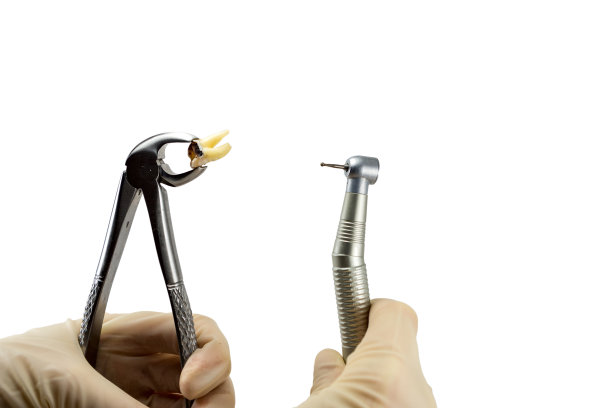Transforming Smiles and Restoring Confidence Through Innovative Dental Implant Treatment Solutions for a Healthier Future
Summary: The field of dental implants has revolutionized the way we approach tooth loss and smile restoration. This article delves into four key aspects of innovative dental implant treatment solutions: enhancing aesthetic appeal, improving oral health, fostering emotional well-being, and ensuring long-term effectiveness. By understanding these vital areas, we can appreciate how dental implants not only serve as a means of restorative dentistry but also contribute to a healthier, more confident future for individuals seeking to reclaim their smiles. With advancements in technology and techniques, the impact of dental implants extends far beyond physical appearance, offering a comprehensive solution for patients looking to transform their lives.
1. Enhancing Aesthetic Appeal Through Dental Implants

The aesthetic benefits of dental implants are often the most apparent reason patients choose this treatment. Patients who have lost teeth often feel self-conscious about their appearance, which can dramatically affect their quality of life. Dental implants provide a natural-looking solution that closely mimics the appearance of real teeth, effectively restoring ones smile and enhancing overall facial aesthetics.
Furthermore, dental implants are designed to blend seamlessly with existing teeth. Colors, sizes, and shapes can be customized to match an individuals unique dental profile. This personalization allows patients to feel more confident in social interactions and boosts their self-esteem significantly.
Moreover, the stability offered by dental implants helps to preserve the natural contour of the face. Tooth loss can lead to a sunken facial appearance, but with implants, the jawbone is stimulated, maintaining its structure and preventing further alterations in facial aesthetics.
2. Improving Oral Health with Innovative Solutions
Beyond aesthetics, dental implants play an essential role in improving oral health. When a tooth is lost, the supporting bone beneath the gum line begins to deteriorate due to lack of stimulation. Dental implants function as artificial roots, providing the necessary stimulation to the jawbone and preserving its integrity.
Additionally, dental implants help to prevent the shifting of adjacent teeth. When a tooth is missing, neighboring teeth can drift into the vacant space, leading to misalignment and bite issues. Implants fill these gaps, maintaining proper alignment and function.
Moreover, unlike traditional dentures, implants don’t affect neighboring healthy teeth. With implants, there is no need to grind down surrounding teeth for support, allowing patients to preserve their natural tooth structure, enhancing overall oral health in the long term.
3. Fostering Emotional Well-Being and Confidence
The psychological implications of tooth loss can be profound. Individuals often experience feelings of embarrassment or social anxiety because of a missing tooth or ill-fitting dentures. Dental implants can significantly alter this emotional landscape by providing a permanent solution that restores not only functions like eating and speaking but also the confidence to engage socially.
Patients who opt for dental implants frequently report improved self-esteem and overall happiness. With a full set of teeth restored, they are more inclined to smile freely, participate in gatherings, and enjoy meals without restriction. This newfound freedom translates into better relationships and enhanced quality of life.
Moreover, the assurance that comes with knowing that implants look and feel like natural teeth allows patients to be themselves, reducing anxiety and fostering a positive outlook. The emotional boost provided by dental implants is as essential as the physical restoration of the smile.
4. Ensuring Long-Term Effectiveness of Dental Implants
One of the most significant advantages of dental implants is their longevity. With proper care, implants can last a lifetime, making them a worthwhile investment in both health and aesthetics. The materials used in implants, like titanium, are incredibly durable and biocompatible, ensuring they function effectively over the long term.
Regular dental check-ups and good oral hygiene practices also contribute to the success of dental implants. Patients are educated on how to care for their implants, emphasizing the importance of maintaining oral health. Good habits lead to fewer complications and the long-term effectiveness of the treatment.
Furthermore, advancements in dental technology continually improve the success rates of implant procedures. Innovations such as 3D imaging and computer-guided placement allow for more precise surgical procedures, further increasing the reliability and success rate of implants as a long-term solution for missing teeth.
Summary:
Dental implants represent a significant advancement in dentistry, offering patients not only functional solutions but also aesthetic and emotional benefits. By focusing on the aesthetic appeal, the improvement of oral health, the enhancement of emotional well-being, and the long-term effectiveness of the treatment, it is clear that dental implants hold the potential to transform lives profoundly.
This article is compiled by Vickong Dental and the content is for reference only



